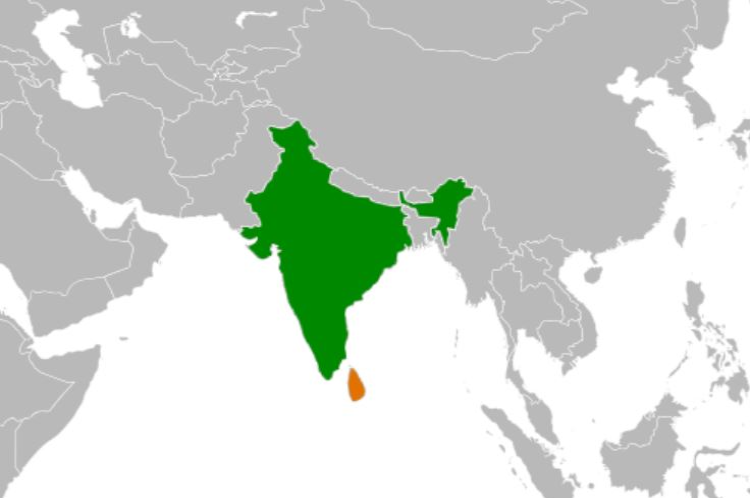August 25, 2020 Reading Time: 2 minutes

Reading Time: 2 min read
Nonresident Fellow of LKI, Dinusha Panditaratne, recently provided some comments to The Hindu for an article titled “India, Sri Lanka seek to reset ties in the time of polls and pandemic.”
See below for some brief excerpts from the article.
India-China Prism
South Asia watchers often resort to the India-China geopolitical lens, while analysing Sri Lanka’s international relations in the neighbourhood and beyond. Although the trend is understandable, and even useful as a general measure of the powers’ relative influence in the region, the perspective such a lens offers is limited, according to Dinusha Panditaratne, former executive director of the Lakshman Kadirgamar Institute of International Relations and Strategic Studies.
“Conceptually, it tends to view Sri Lanka as a subject rather than agent of policy decisions. While Sri Lankan policymakers are constrained by economic and geopolitical realities, they nevertheless have choices and decisions to make within the margins of these realities,” she said, adding that those resorting to the India-China prism often tend to overlook or misinterpret key details.
Further, Ms. Panditaratne noted that the bilateral relationship between India and Sri Lanka “will always be an important cornerstone of a peaceful and prosperous South Asia”. “The examples of Singapore-Malaysia and New Zealand-Australia indicate that a smaller country’s economic success is tied to having a strong or at least stable relationship with its larger neighbour.” Both India and Sri Lanka should focus on increasing the volume and quality of people-to-people links, without assuming they will naturally result from geographical proximity, she said, underscoring the need for continued high-level engagement on building economic and people-to-people links.
Citing the successful India-assisted ‘Suwa Seriya’ ambulance service, and the pressing needs following COVID-19, she prescribed that India and Sri Lanka enhance links in the health sector, including in telemedicine. “The fact that several Indian companies are involved in the race to develop a vaccine presents India with a potentially huge, a once-in-a-generation opportunity to cement its goodwill with the neighbourhood by securing regional access to these vaccines,” Ms. Panditaratne notes.